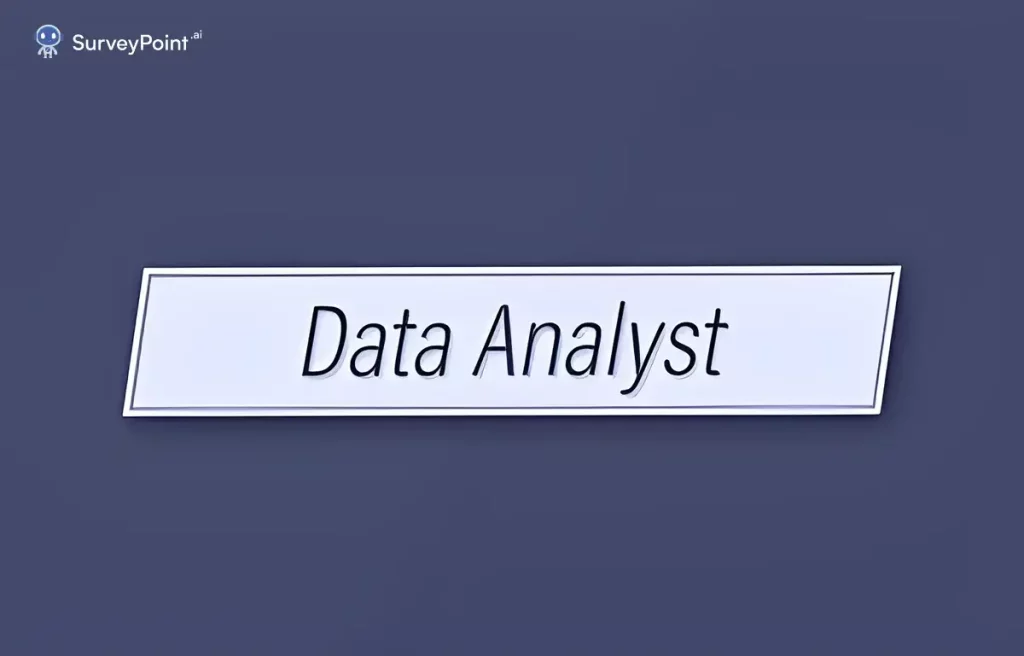
Discover the must-have data analyst skills for 2024. Learn how mastering these skills can fast-track your hiring journey. Get insights from experts and boost your career today.
In the dynamic data analysis landscape, staying ahead is not an option—it’s a necessity. To navigate the job market swiftly, you need to equip yourself with Data Analyst Skills. This comprehensive guide unveils the skills that will set you apart, ensuring a fast track to success.
The Real-World Impact of Data Analyst Skills

In the ever-evolving world of data analytics, possessing these skills isn’t just about impressing recruiters. It’s about making a real impact. The demand for data analysts who can interpret complex data sets and derive actionable insights is higher than ever. Mastering these skills not only opens doors but propels you into a realm where your expertise shapes industries.
Mastering the Basics: A Foundation for Success

- Understanding Statistical Concepts: This involves having a solid grasp of statistical methods and theories, which is crucial for interpreting data accurately.
- Proficiency in Programming Languages: Data analysts often use programming languages like Python or R to manipulate and analyze data efficiently. Proficiency in these languages is fundamental.
- Database Management Proficiency: Managing databases is an essential skill, ensuring efficient storage, retrieval, and manipulation of large sets of data.
- Data Visualization Mastery: The ability to present complex data in a visually appealing and understandable way is vital for conveying insights to non-technical stakeholders.
Advanced Techniques: Elevating Your Expertise

- Machine Learning Fundamentals: Understanding the basics of machine learning algorithms empowers data analysts to build predictive models and uncover patterns within data.
- Predictive Modeling Skills: Developing models to predict future trends based on historical data is a crucial skill contributing to informed decision-making.
- Big Data Analytics Proficiency: With the exponential growth of data, proficiency in handling and analyzing large datasets is crucial for deriving meaningful insights.
- Cloud Computing for Data Analysis: Utilizing cloud computing platforms enhances data analysts’ ability to store, process, and analyze data more efficiently.
Industry-Specific Skills: Tailoring Your Talent

- Financial Analysis Skills: Specialized skills in financial analysis involve interpreting financial data to guide strategic business decisions.
- Healthcare Data Expertise: In the healthcare sector, data analysts need to understand and analyze healthcare-related data, contributing to improved patient outcomes and operational efficiency.
- E-commerce Analytics Mastery: E-commerce analytics focuses on understanding customer behaviour, optimizing sales, and improving the overall e-commerce experience.
- Cybersecurity Data Analysis: Analyzing data related to cybersecurity helps identify and prevent potential threats, safeguarding sensitive information.
Data Analyst Skills: The Glue to Your Success

- Effective Communication in Data Analysis: Being able to convey complex findings in a clear and understandable manner to non-technical stakeholders is crucial for success.
- Problem-Solving Acumen: Data analysts need strong problem-solving skills to tackle complex issues and derive solutions from data.
- Attention to Detail: Analyzing data requires a meticulous approach to ensure accuracy and identify subtle patterns or anomalies.
- Time Management for Analysts: Efficiently managing time is essential for meeting project deadlines and delivering timely insights.
Staying Relevant: Continuous Learning in a Rapidly Evolving Field

- Participation in Data Science Communities: Engaging with online communities fosters knowledge sharing and keeps professionals updated on industry trends.
- Continuous Professional Development: Regularly updating skills and knowledge through courses and workshops ensures data analysts stay relevant in a rapidly changing field.
- Networking within the Industry: Building a professional network facilitates collaboration, information exchange, and potential career opportunities.
- Attending Conferences and Workshops: Participating in industry events provides exposure to the latest technologies and methodologies, contributing to professional growth.
You Must Like IoT Data Visualization Mastery: 8 Proven Techniques for Enhanced Decision-Making 7 Secrets Every Databricks Beginner Should Know 7 Incredible Tips for Mastering Azure Data Factory Design Patterns: Unlocking Success
FAQs (Frequently Asked Questions)
How can I enhance my statistical knowledge as a data analyst?
Investing time in online courses and workshops, such as those offered by Coursera or Khan Academy, can significantly enhance your statistical knowledge. Additionally, practising with real-world datasets hones your skills.
Is there a specific programming language I should focus on?
While languages like Python and R are widely used, the choice depends on your career goals. Python is versatile and commonly used in various industries, while R is preferred in statistical computing and data analysis.
Why is effective communication crucial for a data analyst?
Clear communication is vital for translating complex findings into actionable insights for non-technical stakeholders. It ensures that your analytical efforts are effectively understood and utilized within the organization.
How can I stay updated with industry trends in data analysis?
Engage with data science communities on platforms like LinkedIn and participate in forums and discussions. Regularly reading industry blogs, attending conferences, and joining webinars also keep you abreast of the latest trends.
Are soft skills really important for a data analyst?
Absolutely. Soft skills, including effective communication, problem-solving, attention to detail, and time management, are the glue that holds your technical expertise together. They make you not just a skilled analyst but a valuable team member.
Can I specialize in a specific industry as a data analyst?
Yes, specializing in an industry, such as finance, healthcare, e-commerce, or cybersecurity, can make you highly sought after. Tailoring your skills to meet industry-specific needs adds a unique dimension to your expertise.
Conclusion
In a data-driven era, mastering Data Analyst Skills isn’t just a career move; it’s a strategic leap. Stay ahead of the curve, embrace continuous learning, and watch as your expertise propels you into the forefront of this dynamic field.

